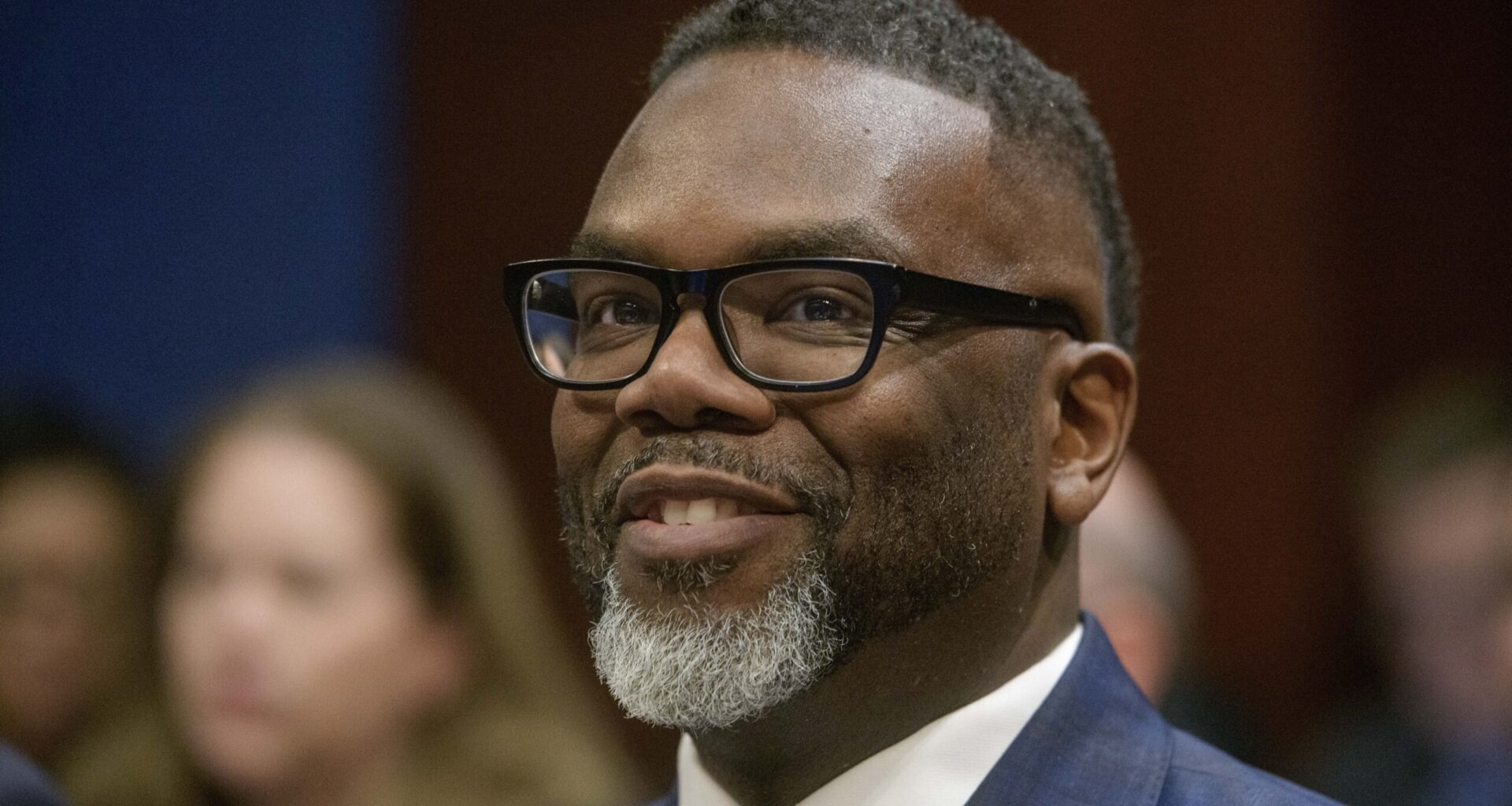Chicago-area sales taxes were already No. 2 in the U.S., but new taxing authority handed to the Regional Transportation Authority will raise them to No. 1.
Chicago’s 10.25% combined sales tax currently ranks second among major cities, behind only Seattle’s 10.35%, but a 0.25-point hike for transit will make them the highest in America.
The new Regional Transportation Authority funding bill, which increases the Chicago metro area sales tax by 0.25 percentage points, has passed both chambers of the Illinois General Assembly and now sits on Gov. J.B. Pritzker’s desk. Once signed, it will give Chicago the highest sales-tax rate of any major city in the nation at 10.5%.
Chicago’s current sales tax is broken down into four categories:
- 6.25% statewide sales tax.
- 1.25% city sales tax.
- 1.75% county sales tax.
- 1% RTA tax.
Under the bill, the RTA portion of the tax will rise from 1% to1.25% in Cook County starting June 2026. In the collar counties it will increase from 0.75% to 1%.
Now that this bill has cleared the state legislature, Pritzker will have 60 days to sign it into law.
Pritzker previously said he will veto any broad-based tax hikes impacting working families, but has signaled support for the transit sales tax increase. The tax will apply to six counties: Cook, Lake, McHenry, Kane, DuPage and Will. These areas are home to about two-thirds of the state’s population.
Economic consequences
Sales taxes tend to hit low-income households the hardest, because a larger share of their incomes go towards basic necessities. Those will cost more under these rates.
High sales taxes relative to neighboring areas also lead to high rates of avoidance: residents shopping across state or county lines to save on taxes. This practice tends to hurt local economies and businesses that lose out on customers. This problem is already evident in Chicago, where neighboring suburbs and states such as Indiana offer substantially lower rates.
Public sentiment
Recent polls show high taxes are the No. 1 concern for Chicago and Illinois residents. Polled voters have repeatedly said taxes are already too high, and many have moved to lower-taxed states as a result. High taxes are one of the key drivers of Chicago’s population decline and broader outmigration from Illinois.
Conclusion
This plan would extract even more from some of the most heavily taxed residents in America, while failing to address the RTA’s deeper issues.
The RTA’s spending remains high, while ridership remains stagnant at just 70% of pre-pandemic levels. True fiscal stability requires reform, not just more revenue.
RTA must prioritize cost savings, modernize its fare policy and improve performance standards. Until those steps are taken, yet another tax hike will only punish taxpayers for the RTA’s ongoing fiscal mismanagement.
